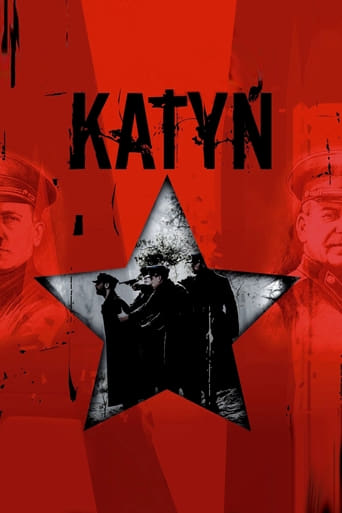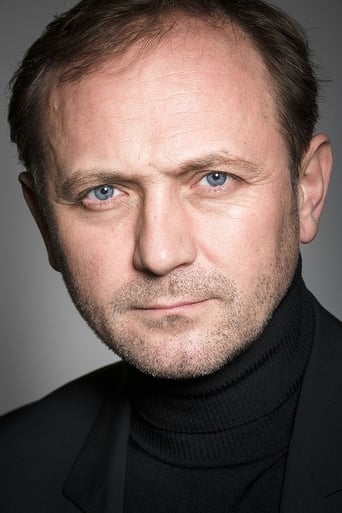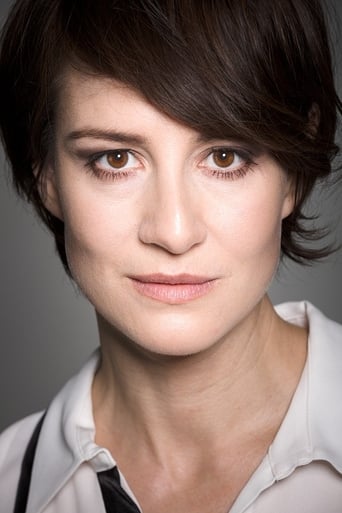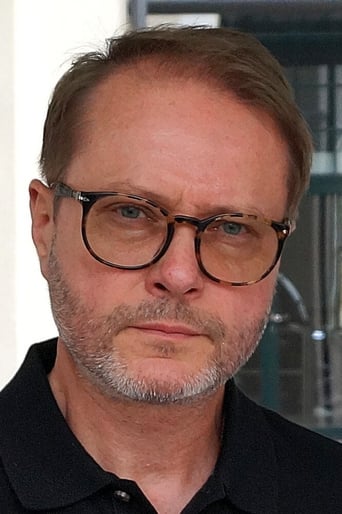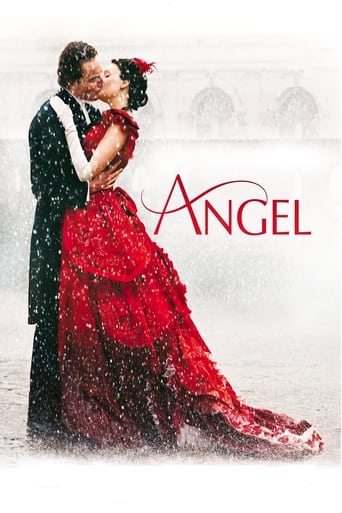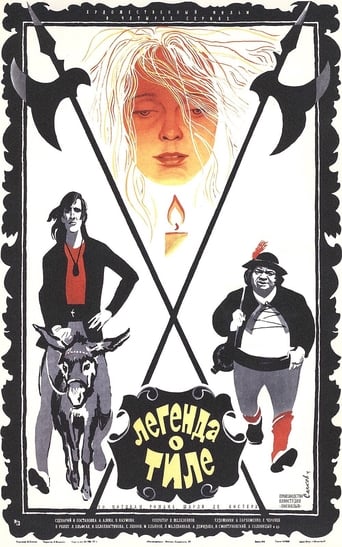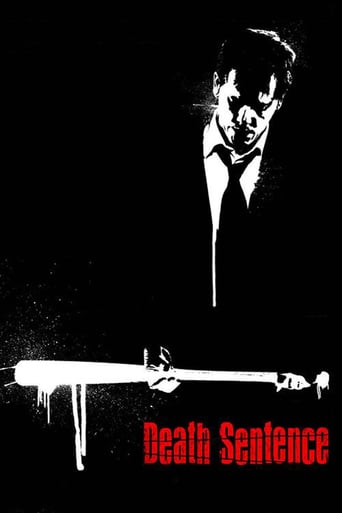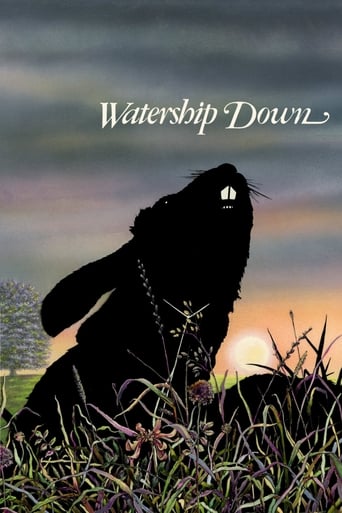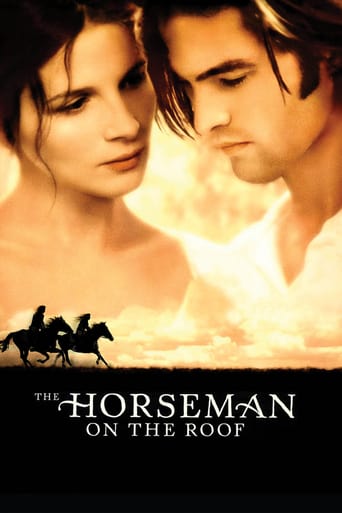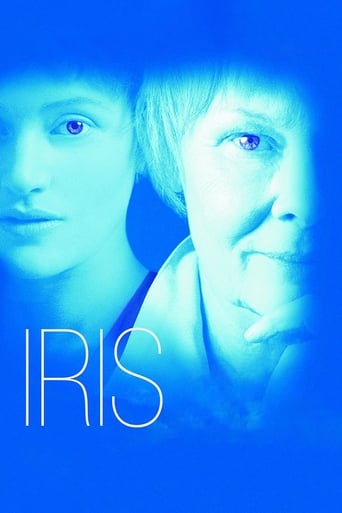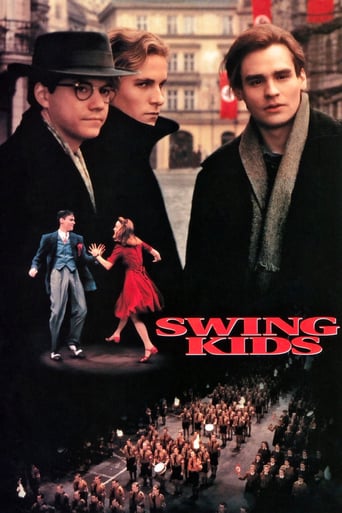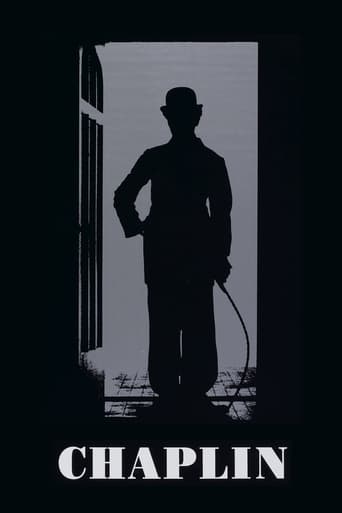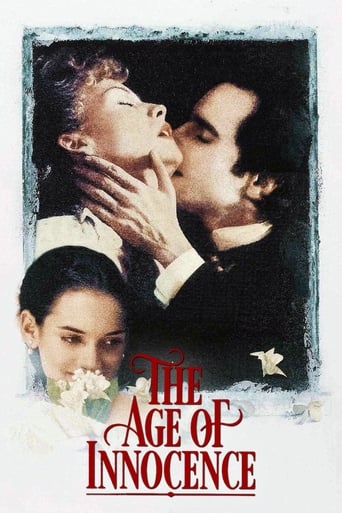Katyn (2007)
On September 1st, 1939, Nazi Germany invades Poland, unleashing World War II. On September 17th, the Soviet Red Army crosses the border. The Polish army, unable to fight on two fronts, is defeated. Thousands of Polish men, both military and government officials, are captured by the invaders. Their fate will only be known several years later.
Watch Trailer
Free Trial Channels
Cast


Similar titles
Reviews
I like the storyline of this show,it attract me so much
What a waste of my time!!!
Admirable film.
The movie is made so realistic it has a lot of that WoW feeling at the right moments and never tooo over the top. the suspense is done so well and the emotion is felt. Very well put together with the music and all.
This film from the famed Polish director Andrzej Wajda was nominated for the Oscar for Best Foreign Language movie. I can see why--it was very well made. However, I must warn you, that although the film is exceptionally well done and important, it is also among the most brutal I've seen in a long time--with lots of closeup shots of Polish soldiers getting executed in the most graphic way possible."Katyn" begins during the invasion of Poland in September, 1939. Although folks outside Poland today now about the Germans invading, a lot of films and history books fail to discuss that the Soviets did the same--crashing in this relatively defenseless nation in a power grab. In the process, they rounded up all the Polish officers--sending them off to prisoner of war camps and, ultimately, to their deaths inside the USSR at a place called Katyn Forest (hence the name of the film).Much of the film is set after the massacre and has to do with the Soviet attempt to whitewash the incident by blaming the Germans. However, a few people in this film refuse to accept the party line--much to their regret because the Soviets intended to sell this lie no matter who they had to hurt to get this false message across.Because it is so important to set the record straight historically speaking, I am very glad that "Katyn" was made. Poles and non-Poles need to face facts and accept reality. But, as I said above, this exceptionally well made film ALSO tells the story in all its brutality--with lots and lots of closeups of Polish officers having their brains blown out by Soviet criminals (I am not sure if they technically were soldiers or NKVD or KGB, but this clearly is a crime against humanity--so I'll stick with the word 'criminal'). Worth seeing but a film to keep from your children and the easily disturbed.
Katyn is a curious; plodding and often dull war film delving into the horrors of World War Two that befell not soldiers on any sort of front line, nor the innocents and ethnic minorities who were the victims of the genocide, but is closer to a sort of best of both worlds: the prisoners of war and varying other personnel who were massacred at the Polish locale of Katyn, something forever linked to German instigation until it came to everyone's attention the Soviets were actually to blame. In spite of its setting, subject matter and quite obvious positive ethic on the subject, it is disappointingly droll; a stilted and eerily unmoving account of an event during the Second World War I knew nothing of, and barely got anything out of, bar the fact such a slice of history had been introduced to me where previously I was ignorant.I think above all else, the most disappointing aspect of the film is how it cannot quite pull off any sort of Nazi demythification process that is almost certainly inherent in the film's premise: to depict how we all got it wrong all this time. The event upon which the entire film is based is the Katyn massacre, something which brought about the deaths of an array of war struck Poles, and of which for decades saw the Germans pencilled in as the aggressors with all attempts to blame the true perpetrators (the Russians) most likely greeted with sneers; frowns and shakes of the head as the liberals look on in shock at the stubbornness of the Far-Right STILL yet unable to both come to terms as well as admit their foul play. The brutal, and quite clinical, nature whereby the Katyn massacre plays out calls to mind the best of those sorts of scenes from Holocaust films past and how we've so often seen those of a German ilk play out the role of aggressor: for here, they wear Russian uniforms.That's not to say Katyn is sympathetic of the Nazi's, but it damn well comes close to trying to get it into people's heads that war-time propaganda can be a load of nonsense and pop-culture depictions (Nazis: evil; Soviets: our uneasy allies who crusaded for us in The East) can often ring false. The film will open on a bridge, a busy bridge in a Polish city as people flee the locale east on account of the invading German army. As they do so, they meet a hurried crowd coming at them from the opposite direction: other Poles fleeing west on account of the invading Russian army and the question of choosing an apparent lesser of two evils are first implemented unto the audience. We follow a handful of characters, none of whom are that interesting and none of whom have their tales resonate. In fact, they are not so much characters as much as there are entities whom occupy the space on screen so that we may advance to a quite shocking scene depicting the truth.Where there are people on screen, they arrive in the form of a young woman named Ann (Ostaszewska), who has lost her husband to the conflict, but he is missing in action more-so killed already. Her husband, Andrzej (Zmijewski), is the man in question and we watch his father, Jan (Kowalski), occupy the frame during some of the more obligatory scenes during films of this nature: his role at the local university terminated as the structure itself is closed down by the Nazis on those typically fascist grounds forever linked to inequality and such. These people are not interesting, but the film isn't necessarily interested IN them; their presence and the premise to their scenarios a sort of shared, congealed item of imprisonment as Andrzej is stuck in a labour camp; Ann is imprisoned by her circumstance of being on the run and Jan is imprisoned by his own grief out of losing his university and son. These characters rarely get above the stage of being much more than your standard war genre stock personnel, whereas there are additionally too many of them while they often flit in and out of the text – sharing the core importance amongst them as they disappear and then reappear. Character study is not important, a sense of demythificaion is.As far as war films go, it isn't the intriguing battle of wits between two men that Schindler's List was, itself making a point (in the simplest of forms) about how "good" or how "evil" Nazis were. Nor is it the deathly effective tale of one person's survival on the front line that The Pianist or Come and See was; the film does not necessarily depict anybody that interesting, it is not Downfall and the piece is far from a resistance thriller of any nature. So what is it? An awareness piece - barely much more than an awareness piece that sort of wants to bite off a bit from each of these approaches. You might say it was an overly long history lesson building to an important event just so as to reach out to a wider body of people and get across the message that a miscarriage of justice befell the Nazis for so long.
I was hoping this movie would work because it is about an important event in Poland during World War II. Over twenty thousand Polish soldiers were killed by the Russians prior to the German invasion in 1941. The Germans found the massacre site and 'told the truth'. Unfortunately (for obvious reasons) they were not believed (or many people were sceptical). The Russians during, and more forcefully after the war, blamed the Germans. Eventually the Russians were proved to have committed this massacre – such were the ways of Stalinist Russia.This film starts off very well with a woman (and her young daughter) trying to locate her husband. She is literally caught between Russian and German forces in 1939. She eventually learns that her husband is being held by the Russians. We feel her confusion and empathize with her plight. She becomes trapped in Russian occupied Poland. It is here that the film slowly starts to unravel (somewhat). She is staying with a Russian soldier who is also hiding another woman with her daughter. Other Russian soldiers come and take this other woman and her daughter but for whatever reason the sympathetic soldier decides to protect her. In the next scene she is now in German occupied Poland in Krakow – that seemed a questionable transition. We are then introduced to another woman – a wife of a General who is also being held prisoner by the Russians. Once more we feel their confusion and their faint hopes as they wait forlornly for news of their husbands. By wars end (mid-way through the film) a new group of characters are introduced. One is killed off after only a few scenes. Scenes introducing new sub-plots and characters shift so rapidly it becomes difficult to feel coherence.The ending is compelling and gruesome. But unfortunately there is no final wrap-up. It would have been nice to know when the world came to really know the official truth of Katyn – it was still a controversy in the mid-1970's. Did the Soviet regime ever acknowledge its' crimes?Obviously this movie was only possible after the end of the Soviet occupation of Poland in 1990 and to some extent,that in itself, makes it worthwhile to watch.
In 1940 about 22,000 Polish military officers, doctors, lawyers, and educators were brutally murdered by the Soviet Army in a span of about 28 days. This much I was aware of prior to watching Katyn. What I didn't understand about this event was the effect it had on the Polish people. These people were fully aware of the mass execution, but were forbidden to acknowledge that it was the Soviets who were responsible.I remember reading about the massacre at Katyn a few months ago and thinking to myself how it is possible for human beings to do this to each other. I remember details given about the Chief Soviet executioner who personally executed 7,000 of these victims of circumstance. These men were deprived of the opportunity to die glorious deaths on the battlefield in the service of country. Instead they were slaughtered like animals in a basement and carted off to mass graves.In the film, "Katyn", we get an accurate retelling of the story from the eyes of the soldiers themselves and the families who mourned them. As you can imagine, the story goes far beyond the event itself. We learn how families were torn apart, and how they were forced to deal with their grief with reservations about the truth. It illustrates how important the right of free speech can be, and also says a lot about the carelessness some people have for the value of human life.Men were selected for execution simply because of their professions, having done nothing to deserve such a punishment. There is one particular scene that is absolutely painful to watch in which men recite the Lord's Prayer moments before death.For Poles, this is a key event in the history of their country. For others it is a lesson in human dignity. I would recommend it to anyone. 9/10

